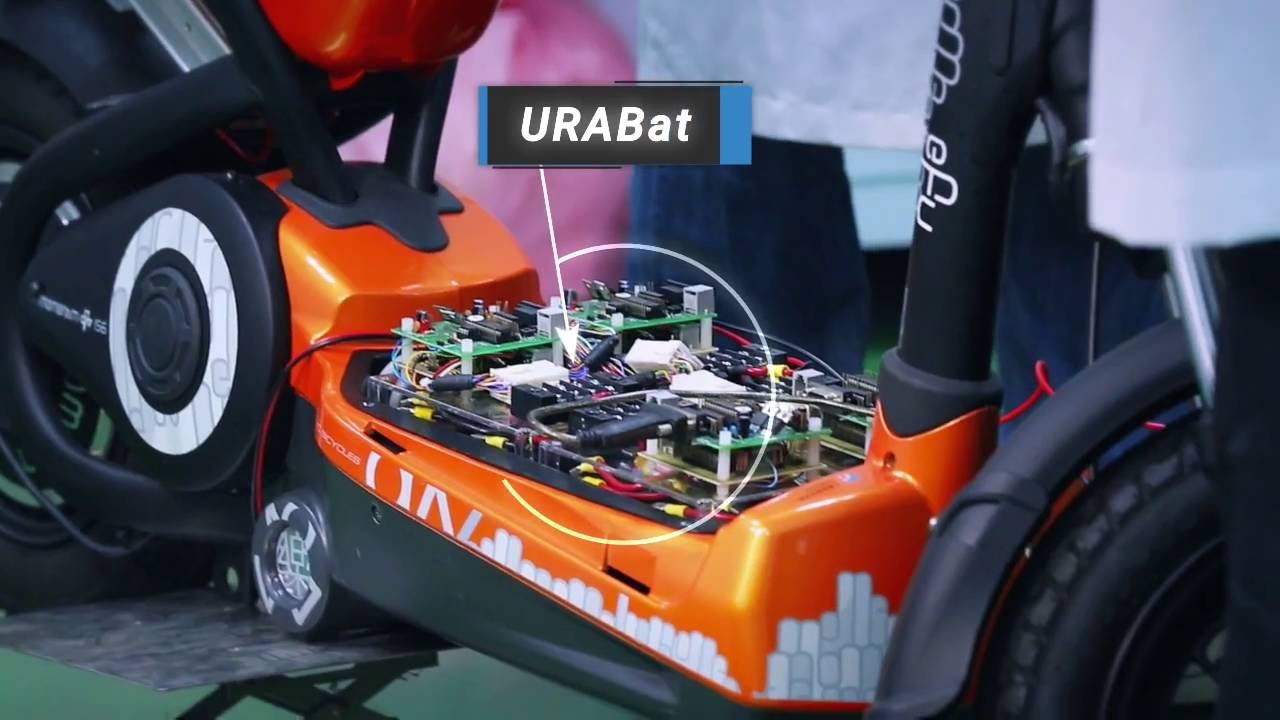Affiliate links on Android Authority may earn us a commission. Learn more.
This paper-like battery charges in one minute and lasts for 10,000 cycles
Published onNovember 17, 2016

Research company ITRI has introduced an Ultrafast Rechargeable Aluminum Battery (URABat), said to be a safer and more efficient alternative to lithium-ion batteries. Developed in partnership with Stanford University, the URABat can be fully-charged in one minute for more than 10,000 cycles.
The URABat maintains a 98 percent coulombic efficiency (CE) throughout its lifespan – which hypothetically means that repeated charges cause comparatively little degradation – and is made from graphite and aluminum materials which don’t catch fire when damaged (ahem).
“URABat is the first electrochemical device capable of achieving a storage cost lower than a quarter of the cost of renewable electricity itself. URABat batteries are as flexible as paper and can be used in any shape with no safety issues, which enables virtually limitless applications,” said ITRI in a press release.
The URABat was one of five ITRI solutions to win an R&D 100 Award – the self-proclaimed ‘Oscars of Innovation’ – in 2016, but there’s no indication when, or if, it will go into production for wider commercial purpose. ITRI, however, sees it as a distinct possibility:
“Lithium-ion is the current mainstream battery technology; however, lithium is limited in supply, expensive, and chemically unstable. Aluminum, on the other hand, constitutes an incredible 8.2 percent of the Earth’s crust. This makes it ideal for meeting current and future large scale demands in energy storage and clean mobility, and also for leading to lower manufacturing costs than lithium-ion or lead acid batteries.”
It certainly seems like a product that could have helped Samsung in recent times. Which battery tech do you think will lead the way?